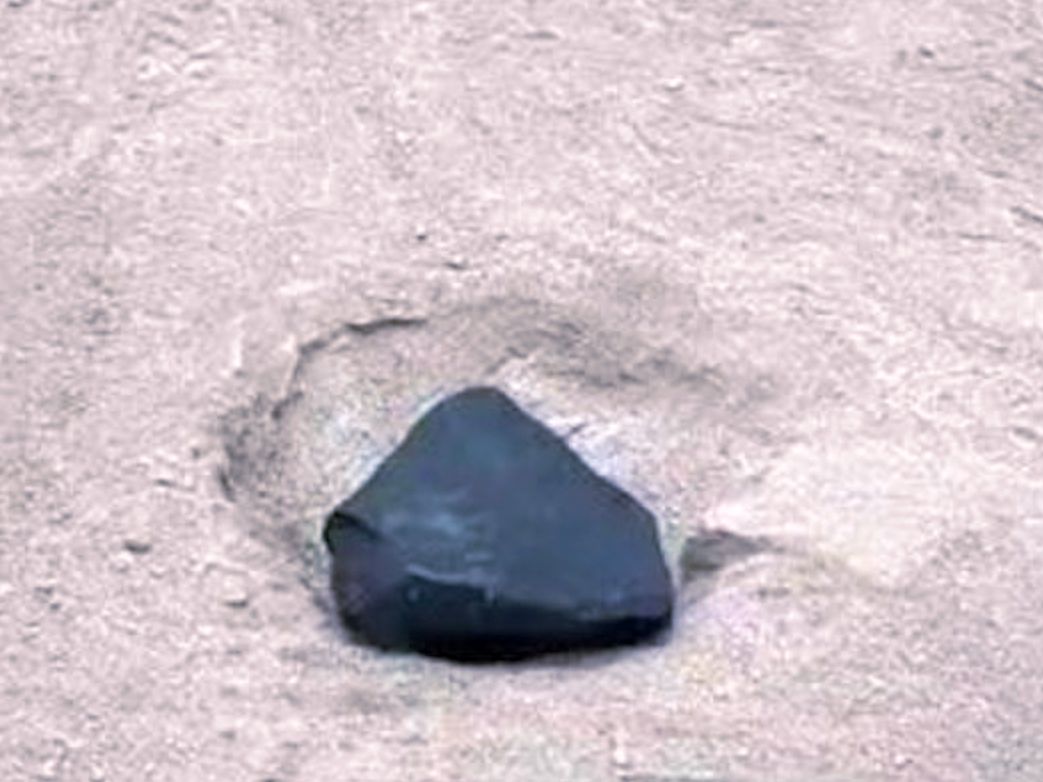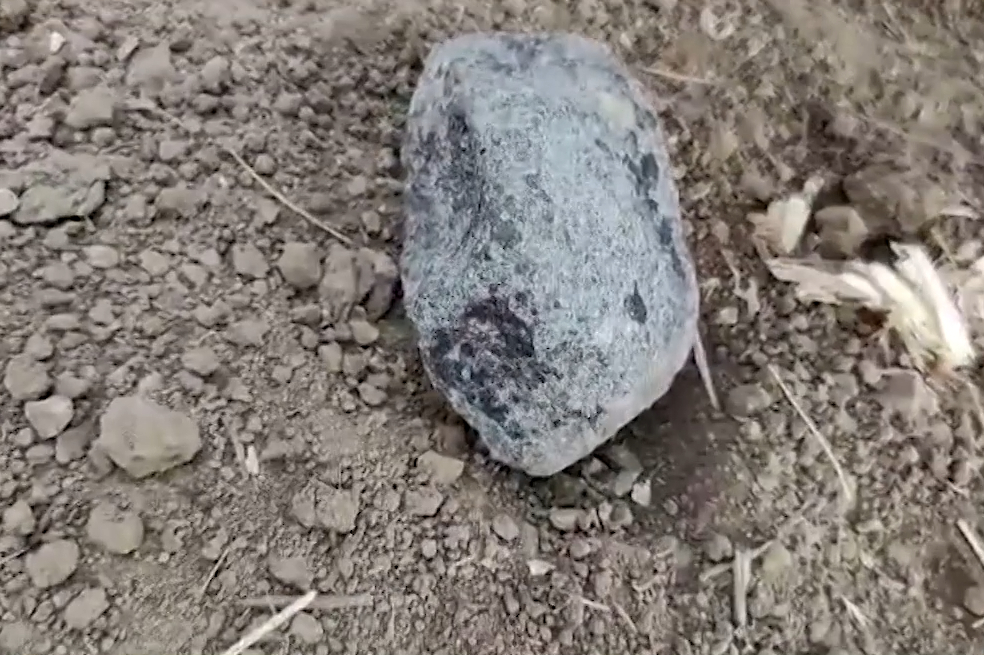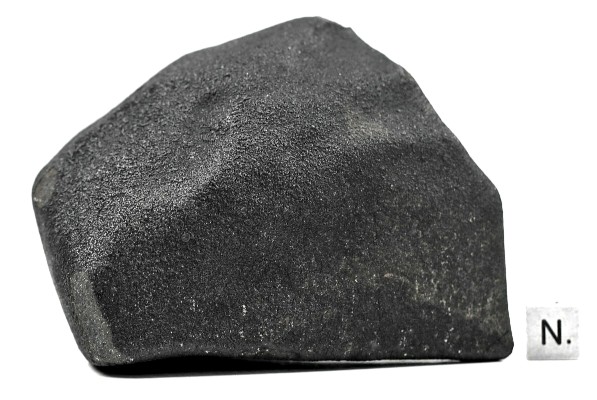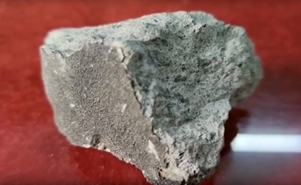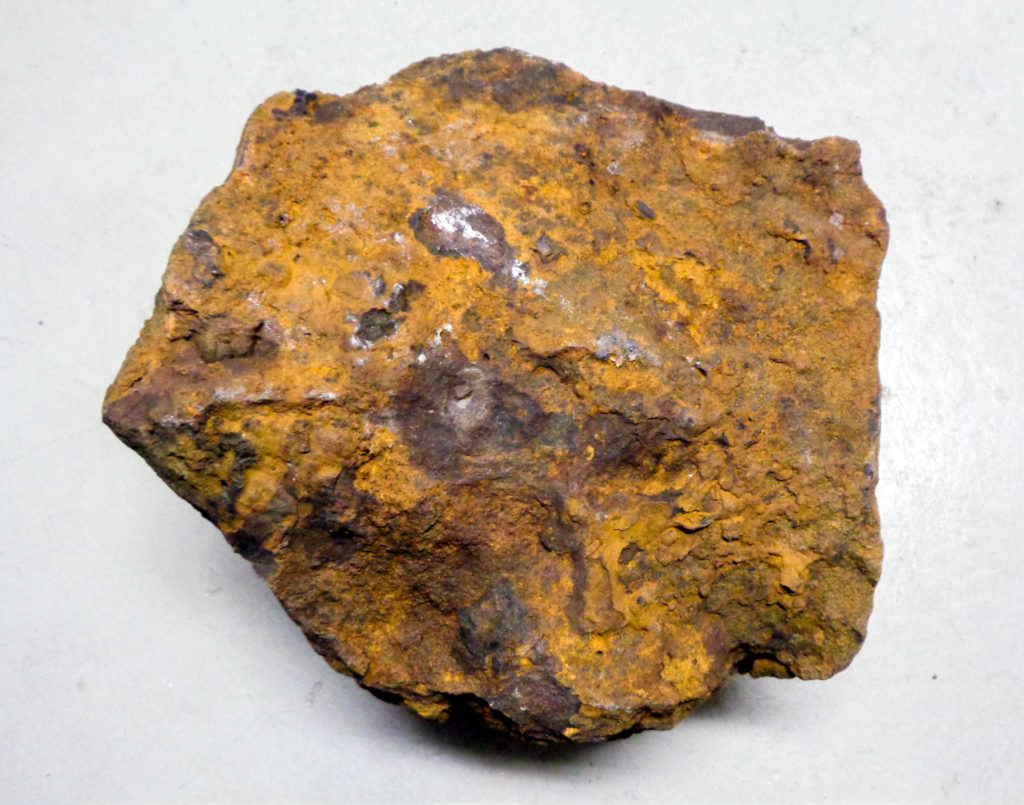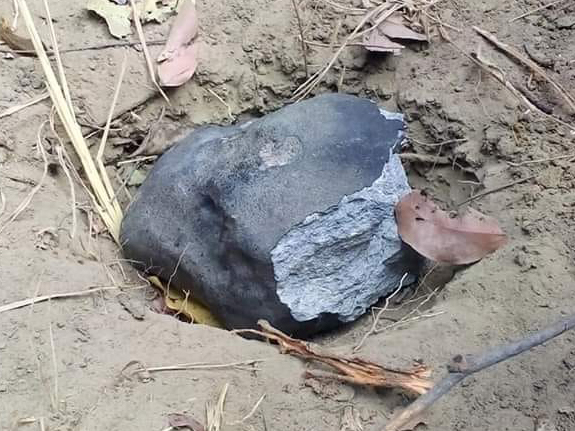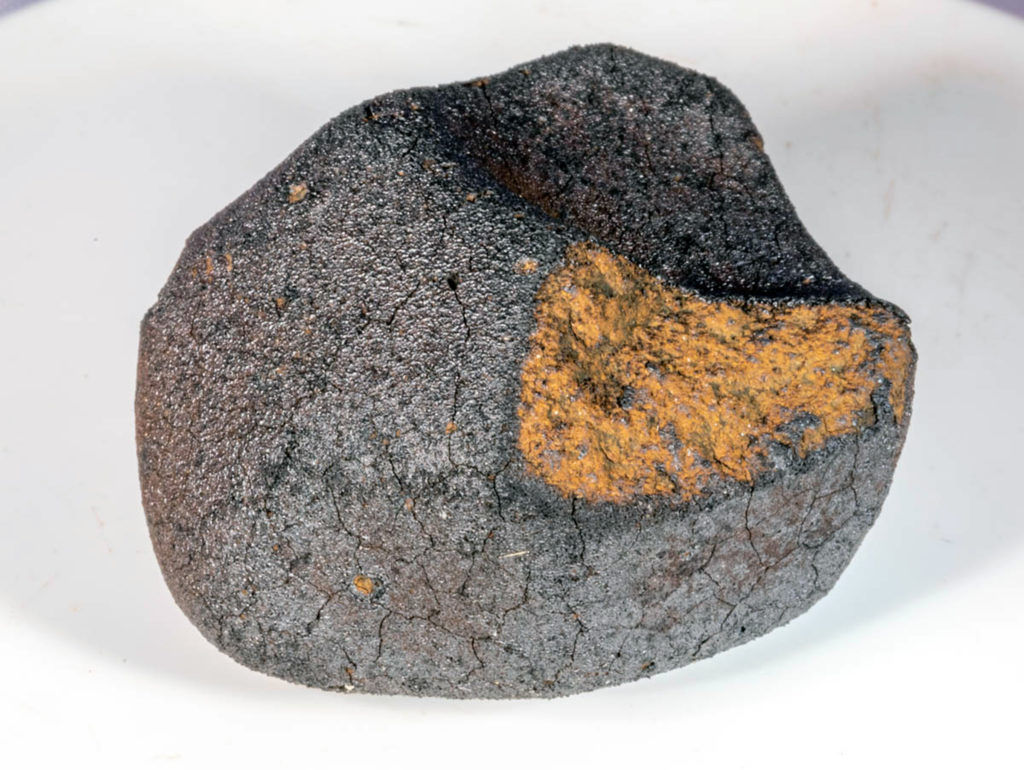The provenance, formation, and implications of reduced carbon phases in Martian meteorites.
Steele, A., McCubbin, F. M. and Fries, M. D.
Meteoritics & Planetary Science. doi: 10.1111/maps.12670
“This review is intended to summarize the current observations of reduced carbon in Martian meteorites, differentiating between terrestrial contamination and carbon that is indigenous to Mars. Indeed, the identification of Martian organic matter is among the highest priority targets for robotic spacecraft missions in the next decade, including the Mars Science Laboratory and Mars 2020. Organic carbon compounds are essential building blocks of terrestrial life, so the occurrence and origin (biotic or abiotic) of organic compounds on Mars is of great significance; however, not all forms of reduced carbon are conducive to biological systems. This paper discusses the significance of reduced organic carbon (including methane) in Martian geological and astrobiological systems. Specifically, it summarizes current thinking on the nature, sources, and sinks of Martian organic carbon, a key component to Martian habitability. Based on this compilation, reduced organic carbon on Mars, including detections of methane in the Martian atmosphere, is best described through a combination of abiotic organic synthesis on Mars and infall of extraterrestrial carbonaceous material. Although conclusive signs of Martian life have yet to be revealed, we have developed a strategy for life detection on Mars that can be utilized in future life-detection studies.”

